“The only difference is a boat stop.”, something that is said to remind us of the differences within the African diaspora, but there are other ways in which we are similar and different alike. The diaspora is multifaceted — with a compilation of values, traditions, beliefs, behaviors, varying identities, and much more. As much as these factors remain evident, the same can be said of the diaspora wars that arise, catalyzing division. Diaspora wars, also known as cross-cultural conflicts, are the rising conflicts amongst diasporic groups that create a negative impact on our communities.
The African diaspora is defined as the group of people who were separated from their homeland of Western and Central Africa due to the Transatlantic Slave Trade, which dispersed them into various regions in the Americas and Caribbean. This separation forced persons to not only live with the atrocious conditions placed upon them but to integrate their identities into an unfamiliar environment. This created a vast amount of qualities, all that are shared within members of each community.
Although we identify as African, there are factors that we are distinguished by—things that some groups may misunderstand, diminish and even ignore in their entirety. Our geographical location is one factor that categorizes us based on where we live. This contributes to our identity, whether we be African, African American, Afro-Caribbean, and Afro-South American, and sets the foundation for additional values to follow.
Just like our Ancestors, we’ve acquired traditions, beliefs and behaviors that are passed down from previous generations. These can be based on religion, patterns amongst gender differences, and age to name a few. These differences can cause different parts of the diaspora to clash, because of those of us who are centered on our own biases. This happens when we attempt to invalidate each others’ identities. Without a doubt, a sense of superiority is typically involved in these conflicts, where one group portrays another to be inferior based on differing qualities and practices. Skewed perspectives, a flawed educational system, and irrational behaviors in groups fuel these views — all things that can be eliminated with proper measures in place.
In recent months there have been a series of diaspora wars in a regional and international context—whether it be because of the name of a rum, an athlete’s success, or the American Descendants of Slavery (ADOS) agendas. Notably, each interaction stemmed from a superiority complex over another, blended with entitlement and willful ignorance. In several instances, these conflicts could’ve been resolved—if all parties established their differences and were open-minded while communicating, unfortunately, this is yet to be the case. In a time where racism and racial capitalism remain prevalent, these conflicts distract persons from global collaboration and community support against their oppressors.
Globally black communities are impacted by oppressive systems in several ways. It does not solely center on our race but also intersects with other identities—whether it be our sexuality, disabilities, class, complexion, and so on—which worsens our experiences. Anti-blackness is particularly rampant and infiltrates our communities, where persons internalize and project it onto others. In cultural conflicts, this is most apparent, as participants reinforce harmful views as justification for their anger. This continues to create animosity that at times seems irreparable but with great effort can be changed.
The question stands: Where do we go from here? Do we continue to fight each other or take a different route? We need a new approach, one that acknowledges all groups on an intersectional level, with various mediums of education. The first issue begins at the educational system, where globally it does not encompass any historical insight for the black diaspora in its entirety. We need a comprehensive and factual system, separating itself from American exceptionalism and white supremacist ideals. Creating avenues for persons to understand the vast groups within the diaspora can allow them to not only interact differently but base their collaborative efforts more inclusively.
Along with education, there must be introspection on how persons view other groups—especially when their views are based on stereotypes. Eliminating the issue of superiority complexes will allow persons to approach members with empathy and the necessary support. This requires all cultural groups to accept the differences between us and use such insight to appropriately communicate with others. With all that exists to oppress, exploit, and further divide us, diaspora wars should not be another addition to that list.

